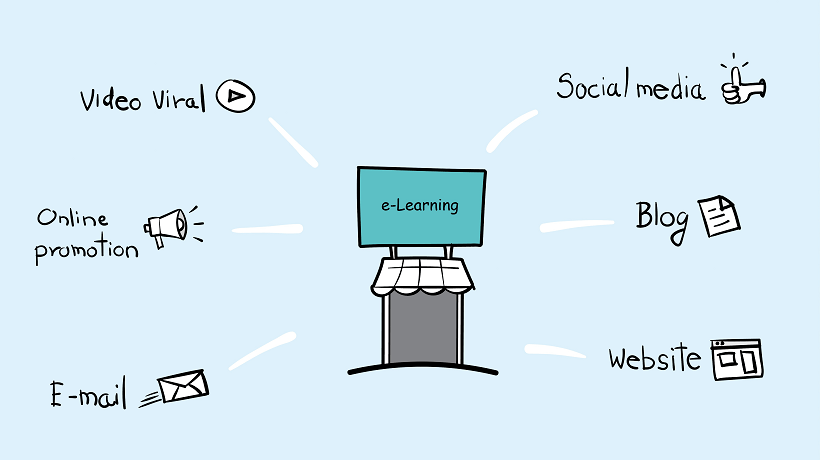Why Do You Need To Get To Know Your Learners?
Do you know your learners? As in really know them? As a training professional, you have a lot to think about, a lot to plan and a lot of organizational change to instigate. In the crazy rush to create a training program that works, the end user might have just slipped your mind. It's true that the raison d'être of the training department is to get a return from the training budget. Unfortunately, a lot of training managers fall into the same trap. They think that by spending more money on content production, they’ll somehow get a better result at the other end. What they don’t realize is that the money spent on ineffective content might as well have been spent on lottery tickets. They don’t invest anything in a solid engagement strategy and they’re quite happy to see the learners as numbers on a spreadsheet. Today I’m going to show you why that approach is bound to suck the effectiveness right out of your training. Here are just a few reasons to get to know your learners.
Improving Training Effectiveness
If all you ever see are lists of assessment scores and completion reports, you’re only getting a fraction of the story. If your training isn’t having an effect, you need to find out why it isn’t working for your learners. Similarly, if a particular training initiative has been successful, you need to find out what it was that you did right! In most cases, your learners will have all the answers.
For example, if all of your learners spend most of their time on their smartphone, it’d be foolish not to provide mobile learning content. It’s easy to use web analytics to find out what devices your learners are using, but it still doesn’t give you the full picture. Let your learners comment on their training – actively encourage feedback. Your spreadsheets will tell you what’s working and what’s not – your learners will tell you why.
Communicating The Epic Meaning
The first hurdle in a training program is getting your learners to take part in it. Be honest though – would you want to take part in something as bland and corporate as a ‘training program’? You need to give the learners a better reason to log in to their Learning Management System. The Epic Meaning is the mammoth quest that defines their job and places them at the heart of something larger.
If you’re going to communicate that properly, you need to know who you’re talking to. To get to know your learners you need to know how they speak, how they think, and what’s important to them. If you don’t speak their language when you’re creating the training, it won’t mean anything to them. If they think it’s irrelevant, it won’t strike a chord with them and in the end, it won’t have any effect.
Personalizing The Training
One-size-fits-all training is ineffective at best. At worst, you could be delivering the wrong content for your entire workforce. People learn in different ways. Some people learn faster than others and some people need a little extra help in some areas. If you’re not personalizing your training, it might work some of the time, but as a strategy for organisational growth goes, it’s pretty wasteful. If you are adapting the learning for each individual, then it’s essential that you know your learners so you can speak to them in the most effective way.
Enhancing Employee Engagement
Training is all about changing behavior – something you won’t be able to do if you’re not making a positive example. By reaching out to your learners and showing that their needs matter, they’ll take notice. If they see that their opinions make a difference, their training will have more meaning for them and they’ll begin to take ownership. That’s just the start of it though – these attitudes eventually percolate into the rest of their working life. By showing them that they are important, you’re teaching them something that no amount of formal content can ever convey.
Final Word
Getting to know your learners might seem like a big and scary task, but it will help you create training initiatives that can have a real impact. Justifying your training budget is just the start of it. Once you’ve built a sense of community on your training platform, your job might just get more interesting. Instead of looking at a faceless report each morning, you might be greeted with some gem of wisdom from Laura in London or a word of encouragement from Marco in Milan. Isn’t that the kind of culture you want to encourage?










